Australian embassy door open for Belt and Road
Ambassador to China hosted reception for Australia’s main Belt and Road initiative lobby group headed by Jean Dong, despite government’s clear opposition.
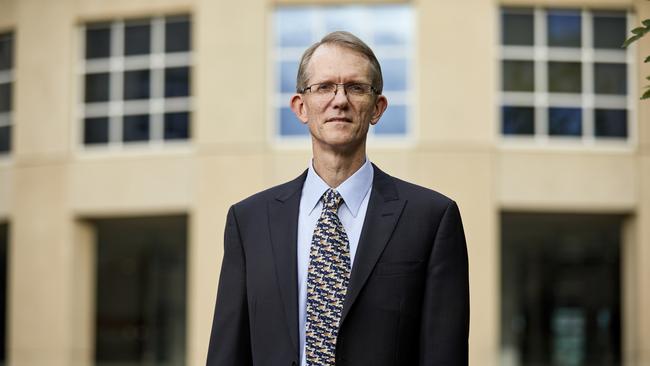
Ambassador to China Graham Fletcher hosted a reception for Australia’s main Belt and Road initiative lobby group in Beijing last year, headed by pro-China lobbyist Jean Dong, despite the Australian government’s clear opposition to the BRI.
The formal reception for the Australia-China Belt and Road Initiative delegation was held at the Australian embassy in Beijing on October 11, with Mr Fletcher leading the welcome.
Ms Dong brought high-powered members of the business community to rub shoulders with Chinese Communist Party figures, industrial leaders and policy thinkers. The delegation included former trade minister Andrew Robb, former Labor MP Lindsay Tanner, Elders boss Mark Allison, and Victoria’s Commissioner to China Tim Dillon. Embassy officials sat in on presentations to the visitors by Chinese planners and economists.
Victorian Premier Daniel Andrews signed a framework agreement with China’s National Development and Reform Commission, fast-tracking investment under the controversial BRI, just 10 days after the delegation’s visit.
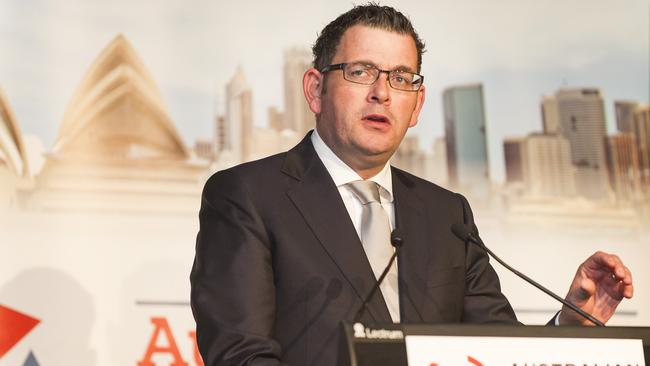
The Australian revealed on Thursday that Mr Fletcher, as head of the Department of Foreign Affairs and Trade’s Northeast Asia branch in May 2018, told Victorian government representatives that the state’s plan to sign onto the BRI had “merit”. The advice was reflected in Victorian government notes from the face-to-face meeting in Canberra.
Finance Minister Mathias Cormann said on Friday that DFAT did not approve of Victoria’s involvement in the BRI, saying the suggestion “relies on Victorian government notes to justify Victorian government actions”, and noting the federal government was not shown the final deal before it was signed.
“There is a broad consensus at a national level in a non-partisan fashion that what Victoria is doing is not in the national interest,” he told Sky News.
However, The Weekend Australian understands that at no point did DFAT advise Victoria not to sign up to the BRI, President Xi Jinping’s controversial infrastructure financing scheme that has been criticised as a grab for global power. It only advised caution in the deal’s wording, and urged Victoria to take into account broader national interest. The federal government's decision not to sign onto the BRI in 2017 was driven by ministerial offices and security agencies, with DFAT arguing there were both positive and negative arguments for being part of the agreement.
The federal government delivered mixed messages on the BRI even after Victoria signed up to the deal in October 2018.
On November 4 that year Trade Minister Simon Birmingham said he had not seen the content of the Victorian deal “but we have been, and are, positive for Australian engagement in BRI where those projects are sustainable projects that provide clear benefits for the recipients”.
Days later, Scott Morrison said he was surprised Victoria had entered into the deal “without any discussions with the commonwealth government at all”.


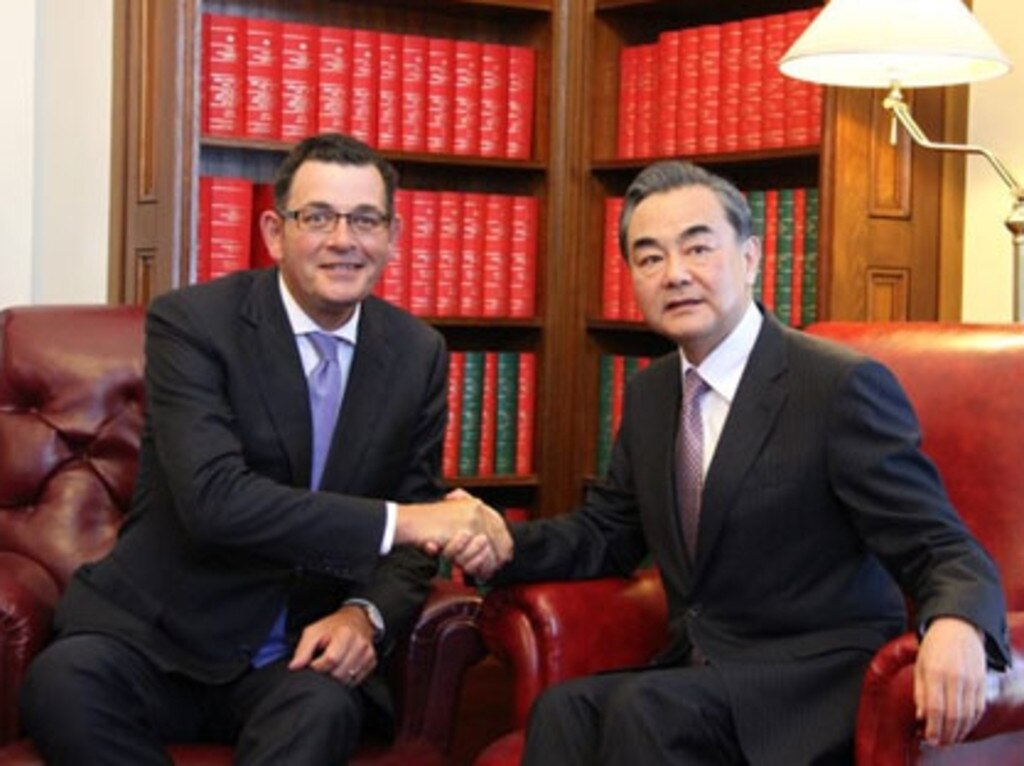
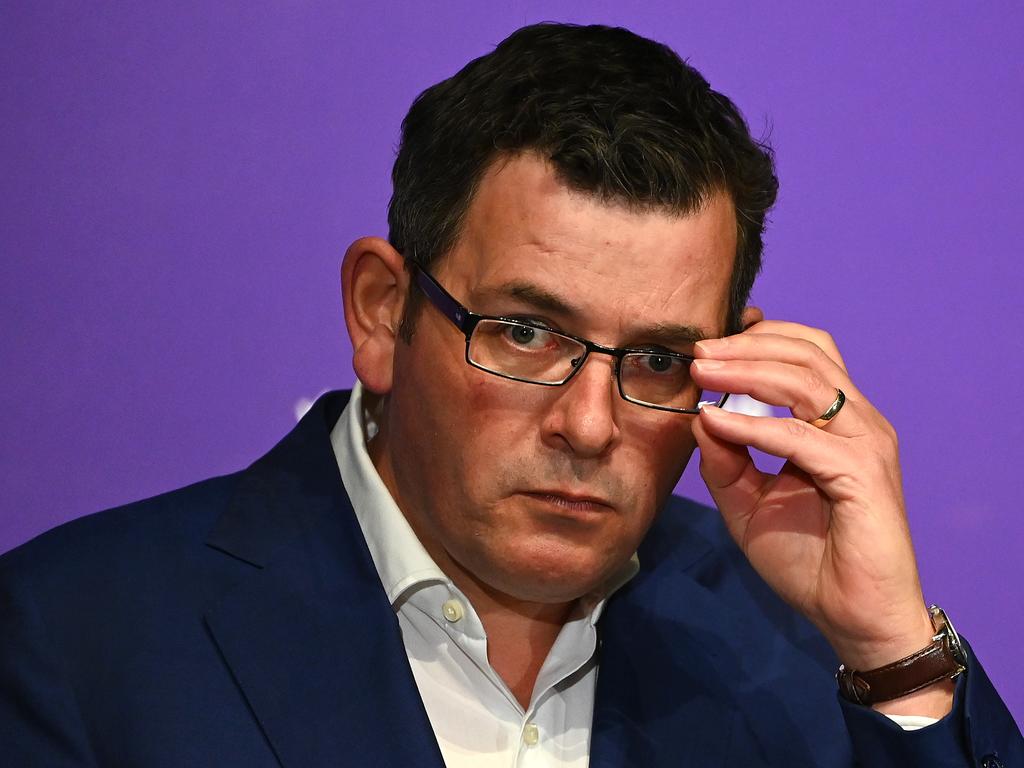
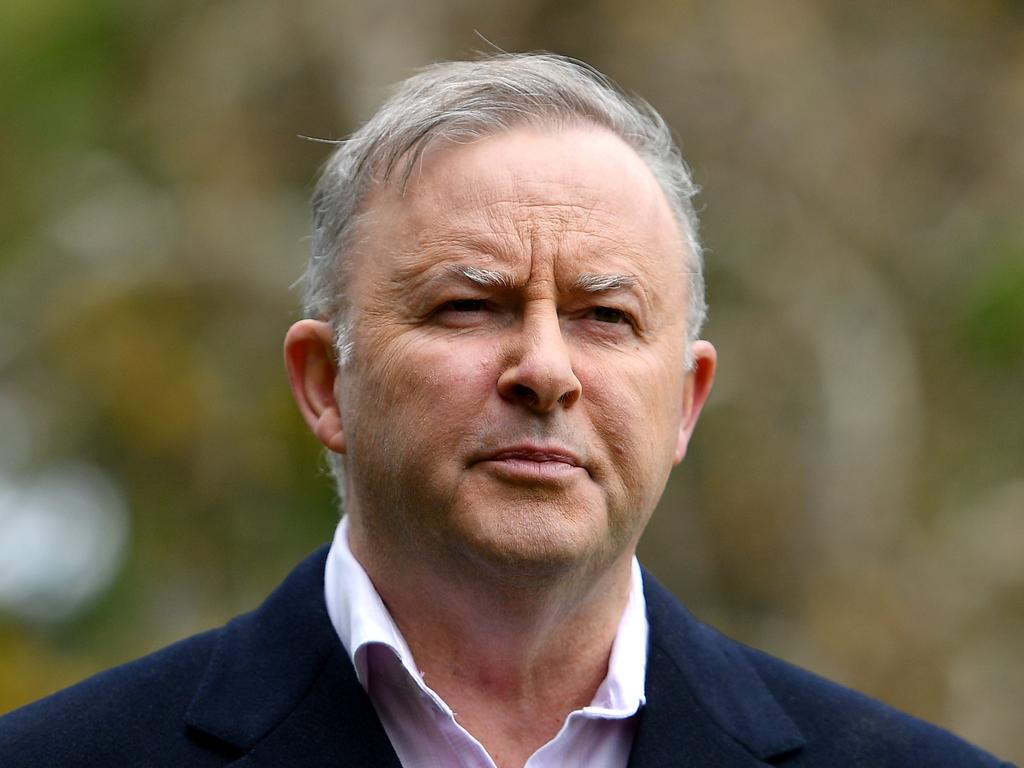


To join the conversation, please log in. Don't have an account? Register
Join the conversation, you are commenting as Logout